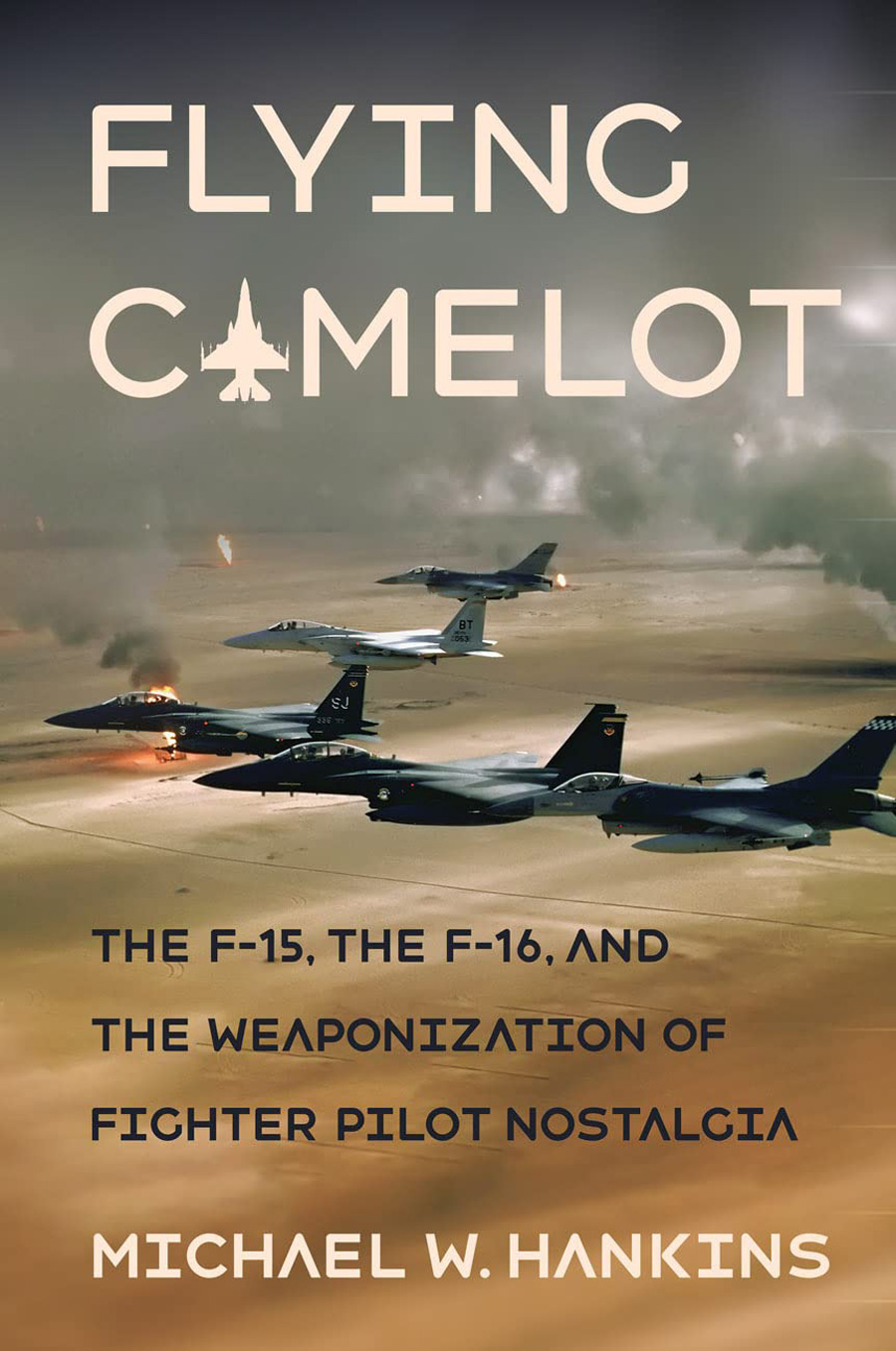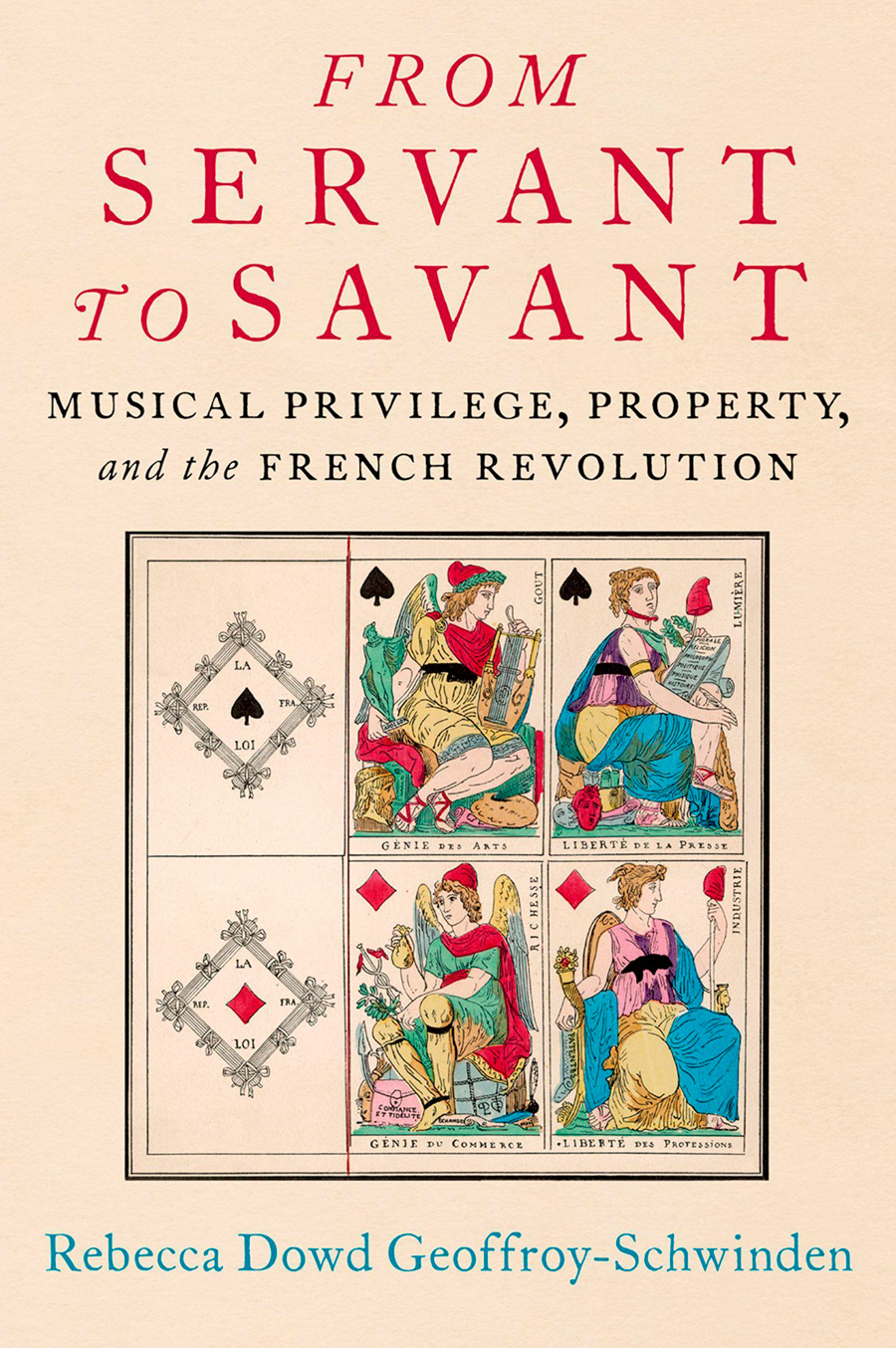As a kid, Michael W. Hankins ('07, '13 M.S.) spent hours building model airplanes and watching Star Trek.
Now as an adult, he is surrounded by historic airplanes, such as the SR-71A Blackbird, which holds the record for fastest piloted jet airplane ever made, and the model of the Starship Enterprise that was used to film the TV series.
Hankins is the curator for U.S. Air Force, Navy and Marine Corps post-World War II Aviation at the Smithsonian National Air and Space Museum. He also is the author of Flying Camelot: The F-15, the F-16, and the Weaponization of Fighter Pilot Nostalgia, which traces how pilots influenced the design of certain aircraft.
Hankins says aircraft and aviation played an important role in history by providing technology advances that allowed the U.S. to gain its role as a global leader. And studying the history of aircraft helps put visitors into the shoes of those who broke barriers.
"Thinking about history helps us understand each other better, understand our world better and make the world better as we move forward," he says. "Aviation stories show us all of that, as humans learned to literally lift themselves up into the skies."



